mobile mesh networking
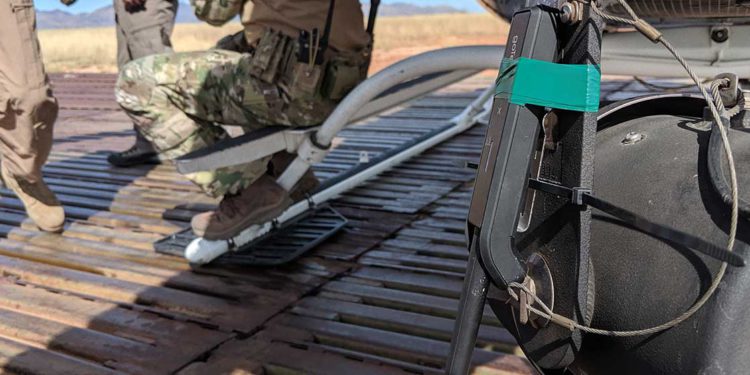
Which aerial assets are the perfect match for your mesh network?
Those who operate in austere, geographically isolated areas outside of a cell service bubble need reliable communications for the duration of their mission. They’re either battling wildfires, searching for missing people, or monitoring border activity across huge swaths of land. Traditionally, the only way to have continuous coverage for situational
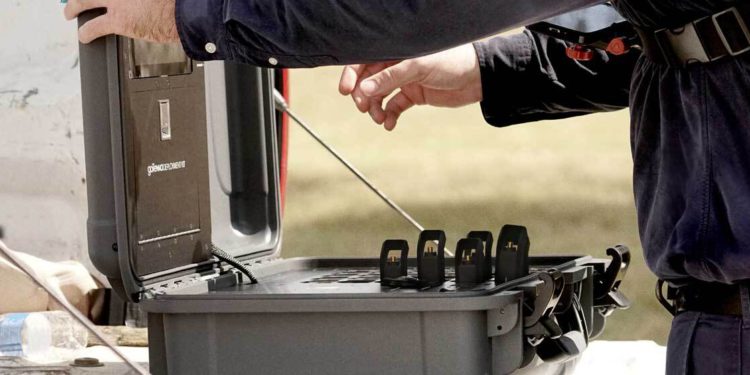
Evolving mesh networks hold the key to government IoT initiatives
Digital transformation and modernization initiatives are pervasive across all levels and sectors of our government – from federal civilian agencies, to military organizations, to state and local law enforcement and public safety organizations. Every agency and organization is exploring how new technologies can be implemented within the enterprise to increase
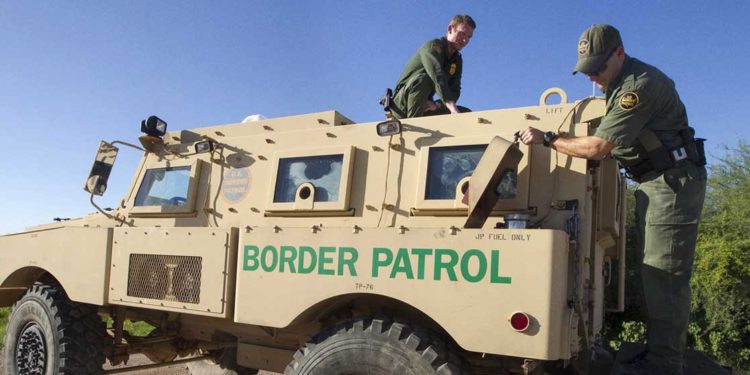
Chief Carla Provost on the role of communications in keeping Border Patrol agents safe
Border Patrol agents are often isolated – with miles separating them from their closest allies and backup. They also operate in regions where cellular networks are scarce, radio service can be spotty, and communications between agents can be challenging at best. To learn more about the life of a Border
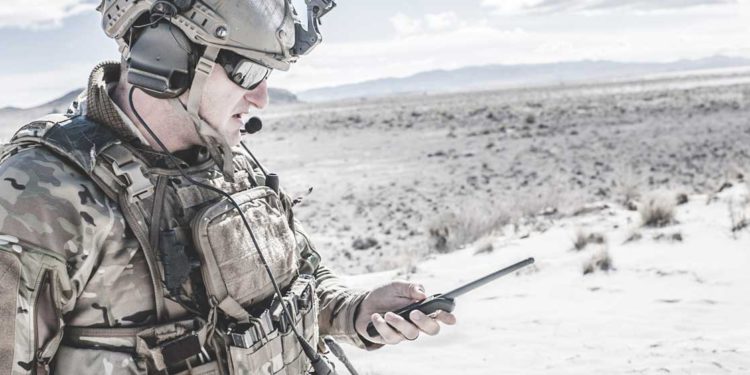
5 reasons the ATAK app should be a standard issue for mission readiness training
In a previous article on The Last Mile, Michael Thomas talked about some of the ways that the ATAK application and mobile mesh networking can help warfighters with land navigation. He also discussed how hours were shaved off of recon missions by incorporating the ATAK app and mobile mesh networking
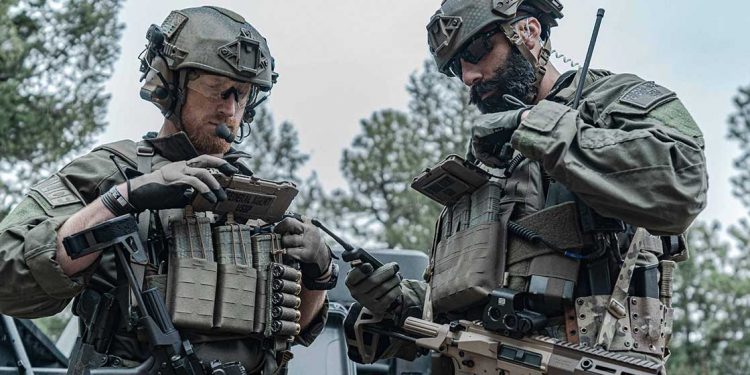
Six ATAK + goTenna Pro X use cases for tactical off-grid operations
American warfighters can attest to the fact that maintaining situational awareness (SA) and communication amongst team members can be the determining factor of a successful mission. Whether warfighters are deployed on combat search and rescue (CSAR) operations, intelligence, surveillance, and reconnaissance (ISR) missions, or are a member of a special

Connecting rural hospitals in remote areas of the Philippines with mobile mesh networking
While the impact of COVID-19 was felt early on in America’s large cities and urban, metro areas, it became clear that the disease would know no borders and that geographic distance couldn’t slow its spread. But this isn’t a challenge limited only to our country. Around the world, healthcare organizations
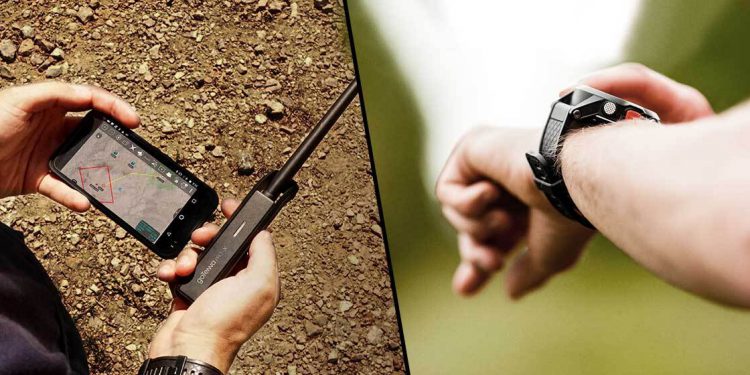
Hot Take: GPS trackers versus goTenna Pro X and mobile mesh networks
As part of the Hot Takes series, we’ll be taking a highly debated topic and exploring the pros and cons of both sides. During each debate, you’ll hear from goTenna Pro experts who offer the hands-on experience from working with customers and deploying goTenna Pro X devices in the field.
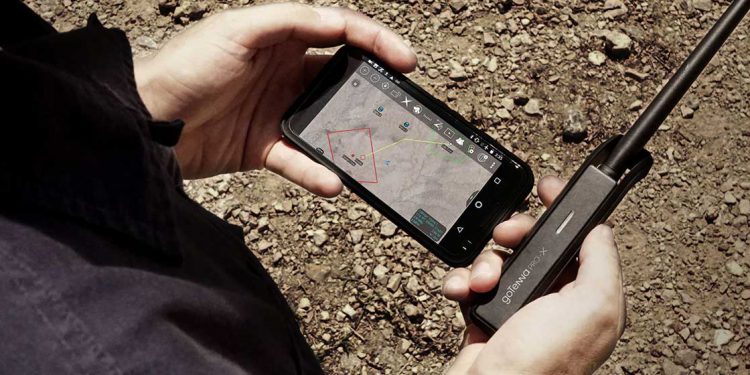
Situational awareness? Thanks to ATAK, there’s an app for that!
If you’ve ever served your nation as a member of the military or served your community as a first responder, you may have heard the acronym, “ATAK.” Interestingly enough, depending on which of those communities you were a member of, that acronym could stand for something different. In the military,
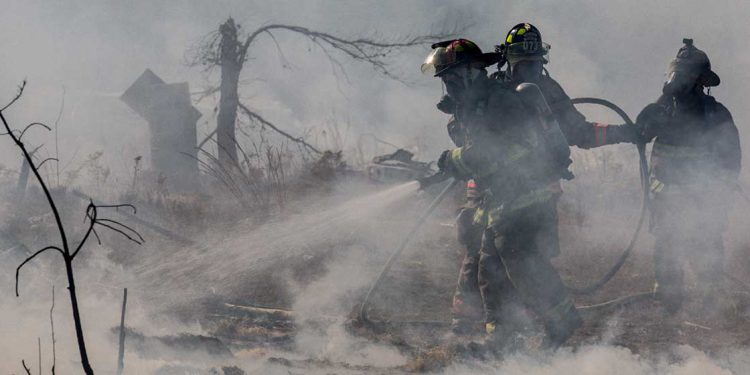
Four considerations for scaling mesh networks on the fireline
This year has been one of the worst on record for wildfire response operations and crews around the globe. It started in Australia at the very beginning of the year, with brushfires that were so devastating and destructive that they were headline news on every continent, burnt approximately 46 million
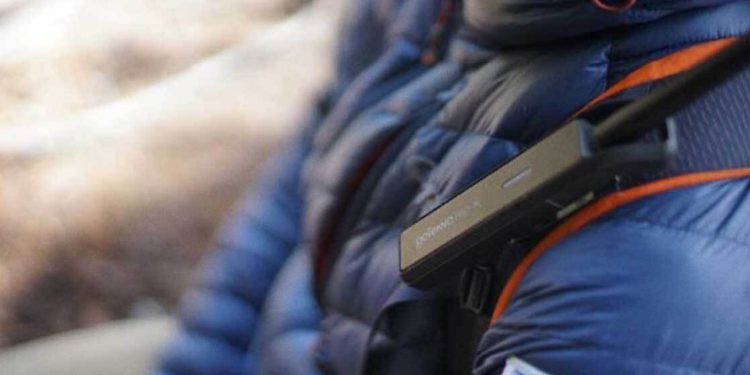
Off-Grid Operator Series: Beyond the Edge Institute prepares for emergency rescues
Going off the grid takes a combination of courage, planning, and training. Even in the best of situations with the most prepared teams, things can often go from adventure to danger. Fortunately, there are organizations that are prepared to respond to crises in the last mile at a moment’s notice.



